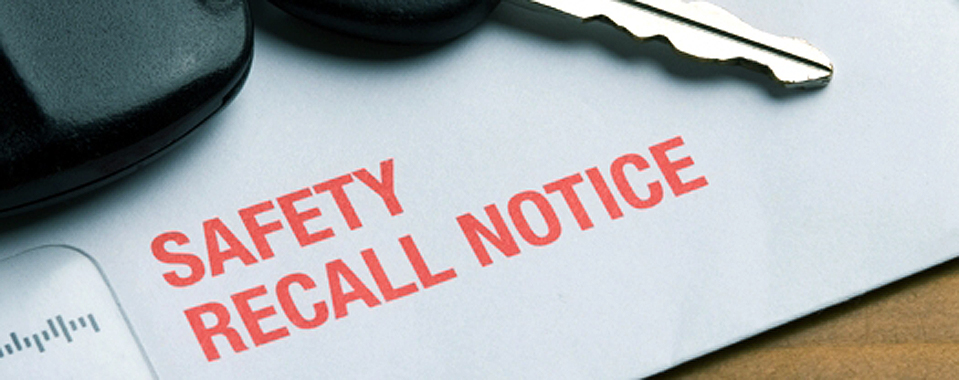“Wow! That is disconcerting. I wonder how many of those we insure,” said Paul Berne when told that 2,172 motorcoaches with unresolved safety defects may be on the road this weekend.

Defect recalls have long been a topic of safety presentations for customers of Lancer Insurance, said Berne, the company’s Cleveland-based senior vice president and chief claims officer.
“We speak to customers at nearly every opportunity we get and one of the things we talk about is this very issue,” he said.
“We have told them very clearly, if you receive a recall notice and you make the conscious decision to not comply with it, if you put that vehicle on the road and that defect is a factor in a loss, then you have opened yourselves up to a potentially huge exposure, not only in terms of the compensatory damage aspect of the case but quite possibly punitive damages as well.”
Accidents implicating recalled safety defects are rare, however. Unremedied recall-related defects do not appear in a database search of motorcoach incidents investigated by the National Transportation Safety Board.
“I recall very clearly one incident from probably over 10 years ago,” Berne said. “The recall involved the placement of a safety bar across the lavatory window of a certain manufacturer’s motorcoach. The (operator’s) company was aware of this, ordered the part but kept the bus in service.”
Before the bar was delivered, the motorcoach was dispatched.
“The group went out and an incident occurred where a passenger was ejected through that window at highway speed and received a very serious brain injury. The passenger survived and had a miraculous recovery, but it was a virtually indefensible case in terms of the operator’s liability,” Berne said
“It was a very unusual set of circumstances but an occurrence of exactly what the safety bar was supposed to remedy.”
Claims arising from recalled safety defects also arise rarely among carriers insured by National Interstate Insurance of Richfield, Ohio, said Michelle Wiltgen, assistant vice president and national marketing manager.
“I’m sure we’ve had claims that have involved manufacturers’ defects. We will adjust the claims, as we would any other claim, and then subrogate against the manufacturer for the amount we paid based on their negligence,” she said.
Identifying responsibility for a property damage claim may be difficult, Wiltgen said.
“Subrogation isn’t always easy as the liability isn’t always clear,” she said. “For example, if a bus catches on fire and it is determined that the cause of the fire was a blown turbo, that might sound like clear liability. But it may not be if the operator didn’t maintain the system and due to (the operator’s) negligence, the fire happened.”
“I have said to operators, ‘I fully understand that it can be a very tough business decision. You have a coach that is ready to go and the day before the trip you get a recall notice. You have got to decide whether you are going to pull that vehicle out of service and perform the recall or go forward with the trip,’” he said.Berne acknowledged the pressures facing carriers to keep a motorcoach in revenue service.
“My job is to tell you what happens if you go forward with the trip and what the consequences will be if something bad happens. Any time you see the key words ‘fuel line,’ ‘brakes,’ ‘fire’ or ‘ejection hazard,’ you have to make the tough decision to do what is necessary to get the remedial repairs done (before) you put the vehicle in service.”




